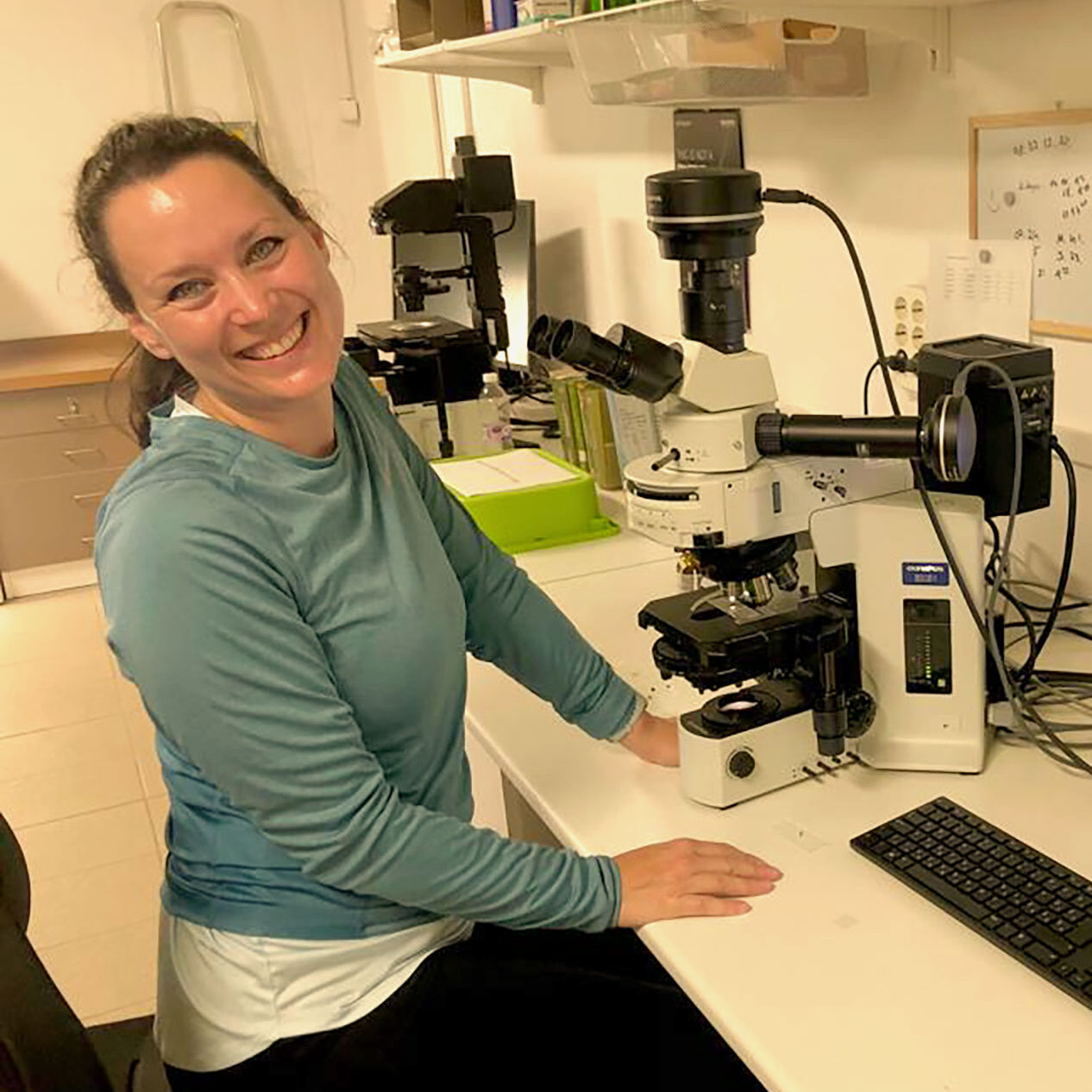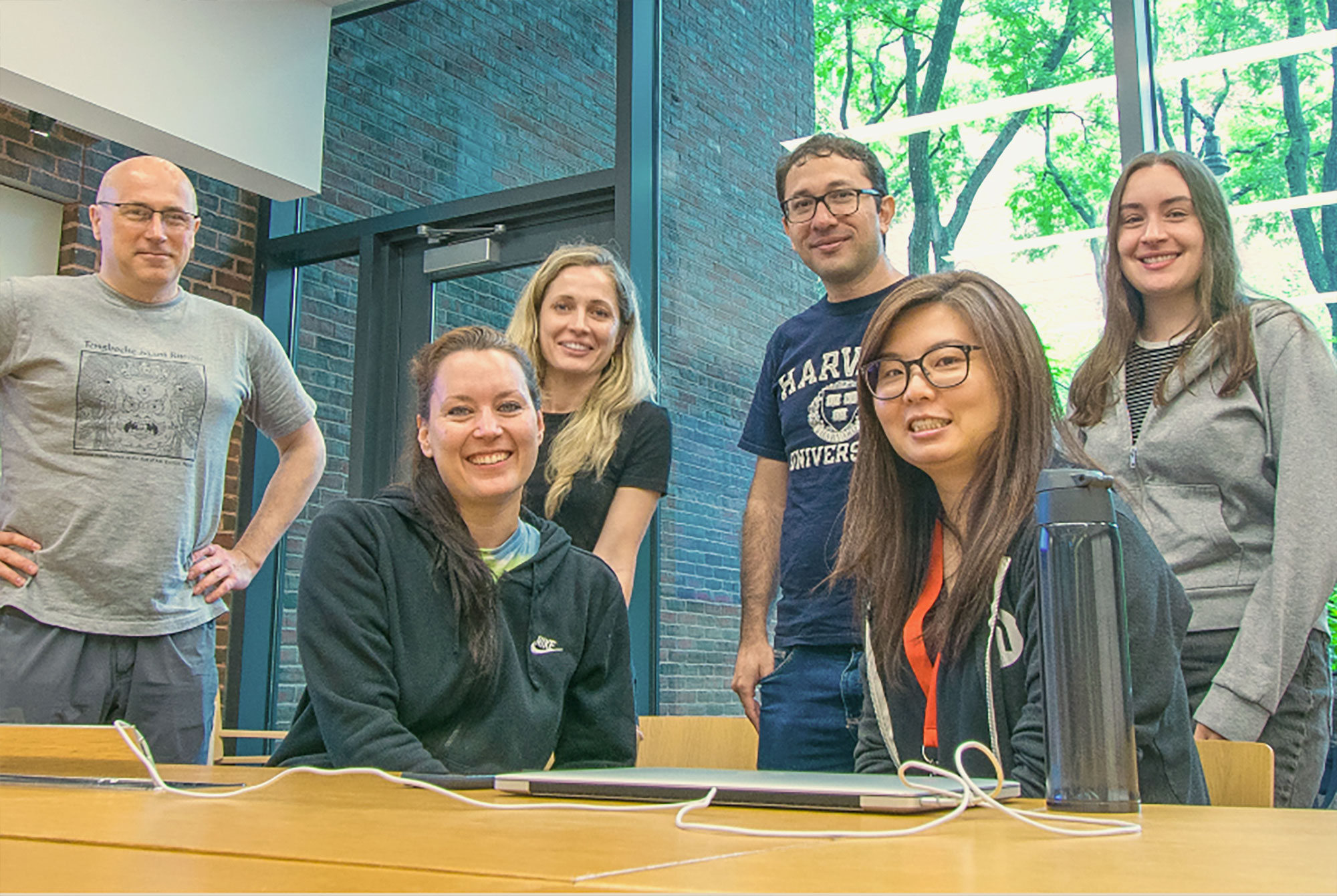Program Overview
Data science is a fast-moving, in-demand field. Professionals with the right mix of technical and analytical skills are needed across industries. Gain the tools to tackle real-world, data-driven challenges with confidence. In the Data Science Master’s Degree Program, you’ll:
- Master core data science methods like predictive modeling, machine learning, AI, data mining, and data visualization.
- Build the skills to work with large, complex data sets using the latest technologies.
- Learn to apply analytical thinking to real-world problems and drive smarter decisions.
- Build leadership skills in data analytics, including ethical and legal considerations, collaboration, and communication.
- Graduate with a Harvard University degree: Master of Liberal Arts (ALM) in Extension Studies in the field of Data Science.
Courses
You can customize your course curriculum on your path to earning the degree. Learning — in online classes and the capstone project experience — is collaborative and hands-on.
Example Courses
Most online courses are asynchronous. Fall, spring, January, and summer options are available.
Example Core Courses
- Advanced Machine Learning, Data Mining, and Artificial Intelligence
- Dynamic Modeling and Forecasting in Big Data
- Data Mining, Discovery, and Exploration
- Data Science and Artificial Intelligence: Ethics, Governance, and Laws
- Introduction to Natural Language Processing
Example Electives
- Artificial Intelligence, the Internet-of-Things, and Cybersecurity
- Deep Learning
- Cloud Services, Infrastructure, and Computing
- Remote Sensing Data and Applications
Stackable Certificate
As you work your way toward your master’s degree, you can take courses that also count — or “stack” — toward a graduate certificate. It’s a cost-effective, time-saving opportunity to build specialized skills and earn more professional credentials. For each certificate, you can choose courses that best fit your goals.
Stackable graduate certificates include:
Stackable microcertificate:
Admissions
The path to your degree begins before you apply to the program. You’ll earn your way in through our performance-based admissions, completing the following coursework and earning credits toward your degree right away:
- CSCI 101 Foundations of Data Science and Engineering
- CSCI 106 Statistical Data Modeling
Next Start Term
You can enroll in your first admission course this summer or fall.
Course registration opens March 3 for summer and in mid-July for fall.
Featured Faculty
Our data science instructors bring a genuine passion for teaching, with students giving our faculty an average rating of 4.4 out of 5.
Career Opportunities & Alumni Outcomes
As organizations harness new technologies to gather and collect information more effectively, the demand for knowledgeable professionals with the skills to analyze that data correctly is growing — and quickly. According to the U.S. Bureau of Labor Statistics, jobs for data scientists and related positions are expected to grow 22 percent by 2030.
Career-Aligned Skills for Advancement
Jobs in data science can be found in any industry that collects information. With the skills you gain in the program, your career path could include:
- Developing new technologies for data mining
- Writing software to store and protect data
- Analyzing data through advanced modeling and visualization techniques
- Applying data-driven solutions to today’s business problems
- Apply deep learning and large language models (LLMs) to build intelligent systems for tasks like predictive analytics and automation.
Sample Alumni Job Titles
- Data Scientist
- Software Engineer
- Analytics Manager
- Data Engineer
- Director of Data Science
- Computer Systems Analyst
- Machine Learning Developer
- Big Data Architect
Sample Alumni Employers
- Adobe
- Deloitte
- Salesforce
- Ford
- Takeda
Program Benefits
Experience a rigorous curriculum. 96% of recent graduates would recommend the program.
Access career advising and other services through Harvard’s Mignone Center for Career Success.
Develop a capstone project with peers and real-world industry partners.
Explore entrepreneurial opportunities through the Harvard Innovation Labs.
Become a member of the worldwide Harvard Alumni Association (400,000+ members) and Harvard Extension Alumni Association (29,000+ members).
Tuition & Financial Aid
Learn more about the cost of attendance.
FAQs
Who Pursues the Master’s Degree in Data Science?
Students in the data science degree program are accomplished professionals with an average 11 years of professional experience. Many students are new to data science and are building a foundation to pursue career advancement (41 percent) or to deepen their expertise (31 percent).
What Can You Do With a Master’s Degree in Data Science?
A master’s degree in data science will give you both the theoretical knowledge and the practical skills you need to advance your career in this rapidly growing field.
Advancing your education in data science can help you develop important analytical, business, modeling, and visualization skills, as well as advanced programming and coding skills. You may learn cutting-edge trends in artificial intelligence, machine learning, and other developing technologies. Or you can explore new ways to apply your skills across different industries such as healthcare, advertising, wearable tech, or autonomous vehicles and drones.
Is a Degree in Data Science Worth It?
A degree in data science may not be required to get started in the field, especially for entry-level programmers and data analysts. Degrees in software engineering, computer science, math, and statistics can give you the basic skills you need to start a career in data science.
However, a graduate degree in data science offers a combination of skills that can help you stay competitive in the job market. In addition to programming and statistics, for example, a degree in data science offers advanced knowledge of modeling, data visualization, data analysis, and business intelligence.
Moreover, many mid- and senior-level positions such as data scientist or data architect for example, as well as most management positions, may require a master’s degree in data science.
How Long Does it Take to Complete the Data Science Graduate Program?
Program length is typically between 2 and 5 years. It depends on your preferred pace and the number of courses you want to take each semester.
For an accelerated journey, we offer year-round study, where you can take courses in fall, January, spring, and summer.
While we don’t require you to register for a certain number of courses each semester, you cannot take longer than 5 years to complete the degree.
Download the Data Science Example Course Pathways PDF to visualize several ways you could progress through the program.
What Prerequisites Do You Need Before Applying for the Data Science Master’s Degree Program?
With Harvard Extension School’s unique “earn your way in” admissions process, there are no prerequisites required to begin your course of study in the data science master’s degree program. To be successful, however, the program assumes that you can write functions in Python and are comfortable with calculus. Learn more about what skills you need to be successful in the course curriculum.
Learn more about what skills you need to be successful in the course curriculum.








